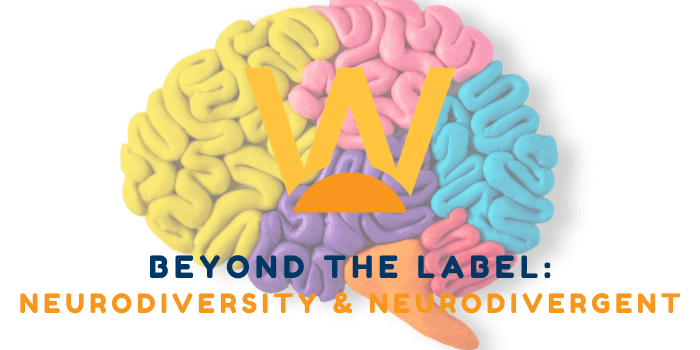Neurodiversity and Neurodivergent: What do these new words mean?
The utilization of the words, “neurodiversity”, “neurotypical” and “neurodivergent” are not really new words in the grand scheme of things, but they are becoming utilized more in mainstream society. As a mother of a child labeled with Autism and a moderate cognitive delay, it is refreshing to see that society sees that there is still an individual behind some of these labels or diagnoses. As a mother of a child with Autism, I felt it important to write a blog that addressed this as we are in the middle of a month devoted to Autism Awareness.
So let’s define these words:
Neurodiverse: There are “normal” differences in the ways that our brain works. When our brain works differently it is not “abnormal” just different.
Neurodivergent: A person whose brain functioning is outside of mainstream society’s understanding of what “normal” brain functioning should look like. Examples may be: Attention Deficit Disorder or Autism.
Neurotypical: A person whose cognitive and intellectual development is typical and they are able to follow the social norms that surround them.
For me, the definition that sticks out the most. Neurodiversity!! Which means, there is diversity in how our brain functions just as there is diversity in our physical appearance, how we speak, how we think, and how we live. That diversity is beautiful, and yes, sometimes diversity can be challenging. Let me tell you, as a mother practicing in this social services field, I can still get caught up in these labels because overall our society has created systems that provide treatment dependent on the “label” we have determined a child or adult to have. Yet, I consistently need to remind myself that the diversity in the different ways my child’s brain works is pretty special.
So let me share a story, one that I have told many times, and one that guides me to accept many challenges. I had just received another disappointing phone call from my child’s school, stating that testing did not go well, and it is apparent my child had intellectual difficulties. I was emotional, teary eyed, and scared. He sat in the back seat, staring out the window, and stated “Mommy, mommy! Look!”. My son was looking at a field that was irrigated and looked much more like a pond. My son continued, “Look Mommy, look at all the stars in the water”. It was in that moment, I took a deep breath and exhaled. It was in that moment that I thought, “Wow, isn’t it much more beautiful to think of that irrigated field as beautiful with ‘stars’, versus just an irrigated field”. You see up until that 7-year-old moment I had been trying to get my son to take his place in my world; instead of joining him in his world. I appreciate the diversity of how his brain works. To this day he is the kindest, most imaginative, and happiest young man I know. Yes, I may be biased. However, what I have learned in my 22 years of parenting is that there is always more to learn, and more to recognize.

